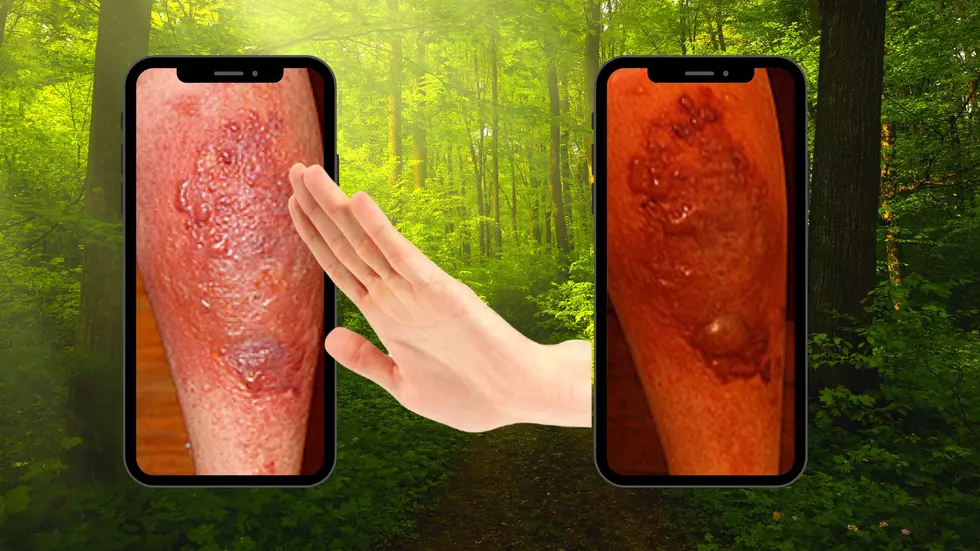
Unattended Fire Destroys Campers’ Gear and Two Acres of Forest
Smokey Bear has been saying it for years, "only you can prevent forest fires." An unattended fire not only took out a campers' tent and all of their belongings, but it scorched nearly 2 acres of forest at New York's Harvey Mountain State Forest.
The DEC reports the blaze broke out when four campers left the site while the fire was still smoldering in the pit. Nearby grass caught fire which then led to their tent and belongings catching fire, eventually becoming a wildfire . It took 4 fire departments to get control of the fire, destroying 1.8 acres of the forest. In addition to losing all of their gear, the campers face $800 in fines.
Officials say the dry spring is leading to several wildfires including 9 in the Adirondacks over Memorial day weekend, with one consuming 20 acres. The majority of fires were caused by downed power lines or unattended campfires. Two remain under investigation.
One of 9 wildfires in the Adirondacks over the 2020 Memorial Day weekend.
Most of the 9 wildfires were started by downed power lines or unattended campfires.
The 9 fires consumed 40 acres of forest with just one taking down 20 acres.
The DEC offers these common sense safety tips when building campfires:
- Use existing campfire rings when possible.
- Build campfires away from overhanging branches, steep slopes, rotten stumps, logs, dry grass and leaves. Pile any extra wood away from the fire.
- Campfires must be less than three feet in height and four feet in diameter. Only charcoal or untreated wood can be used as fuel.
- A good bed of coals or a small fire surrounded by rocks gives plenty of heat.
- Scrape away litter, duff, and any burnable material within a 10-foot diameter circle. This will keep the campfire from spreading.
- Be sure your match is out. Hold it until it is cold.
- Never leave a campfire unattended. Even a small breeze could cause the fire to spread quickly.
- Drown the fire with water. Make sure all embers, coals, and sticks are wet. Move rocks as there may be burning embers underneath.
- Stir the remains, add more water, and stir again. If you do not have water use dirt.
- Do not bury your coals as they can smolder and break out.
- Consider using a small stove for cooking in remote areas versus making a campfire.
Learn more about campfire safety and wildfire prevention at the DEC's web page, Firewise New York.
More From Big Frog 104









